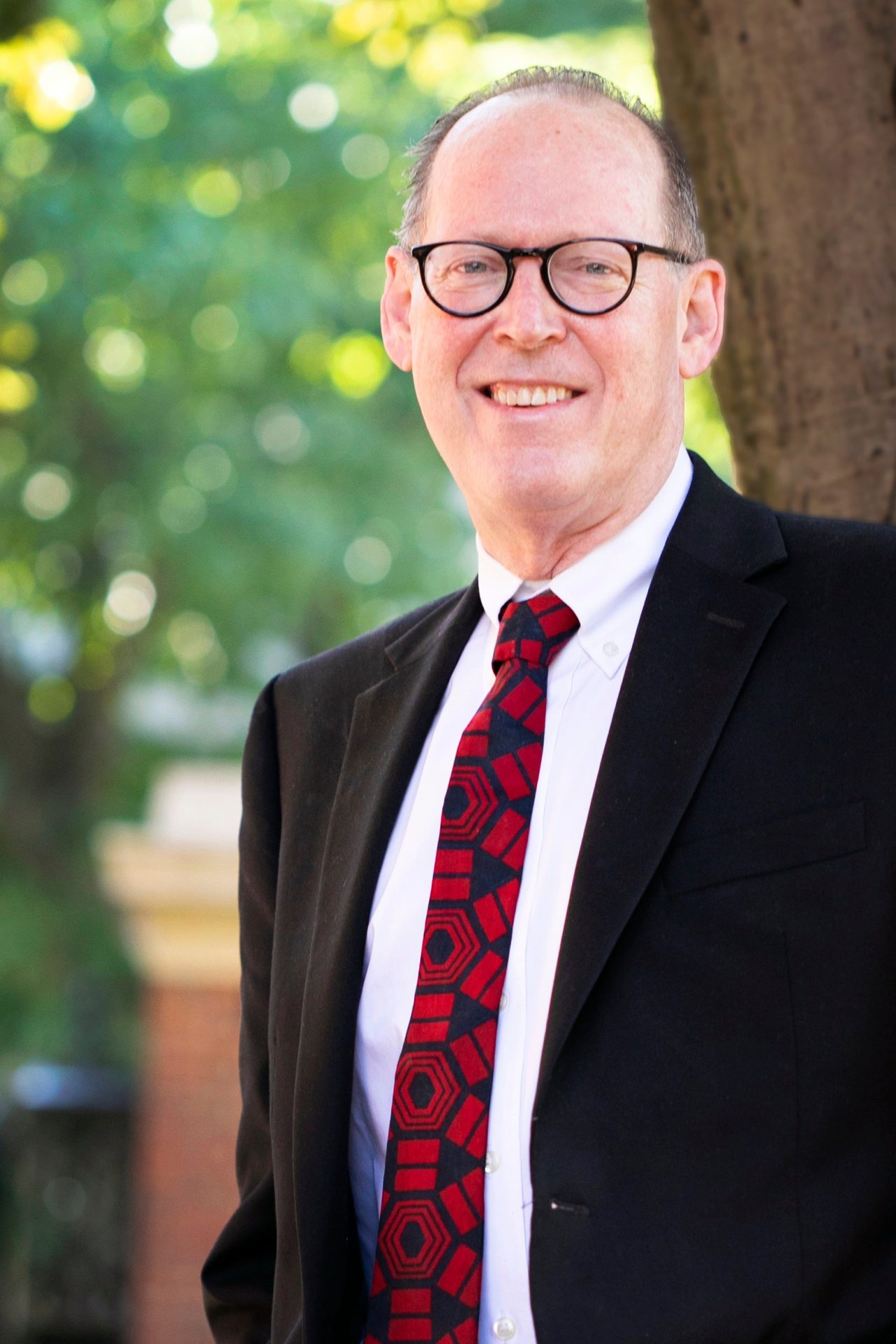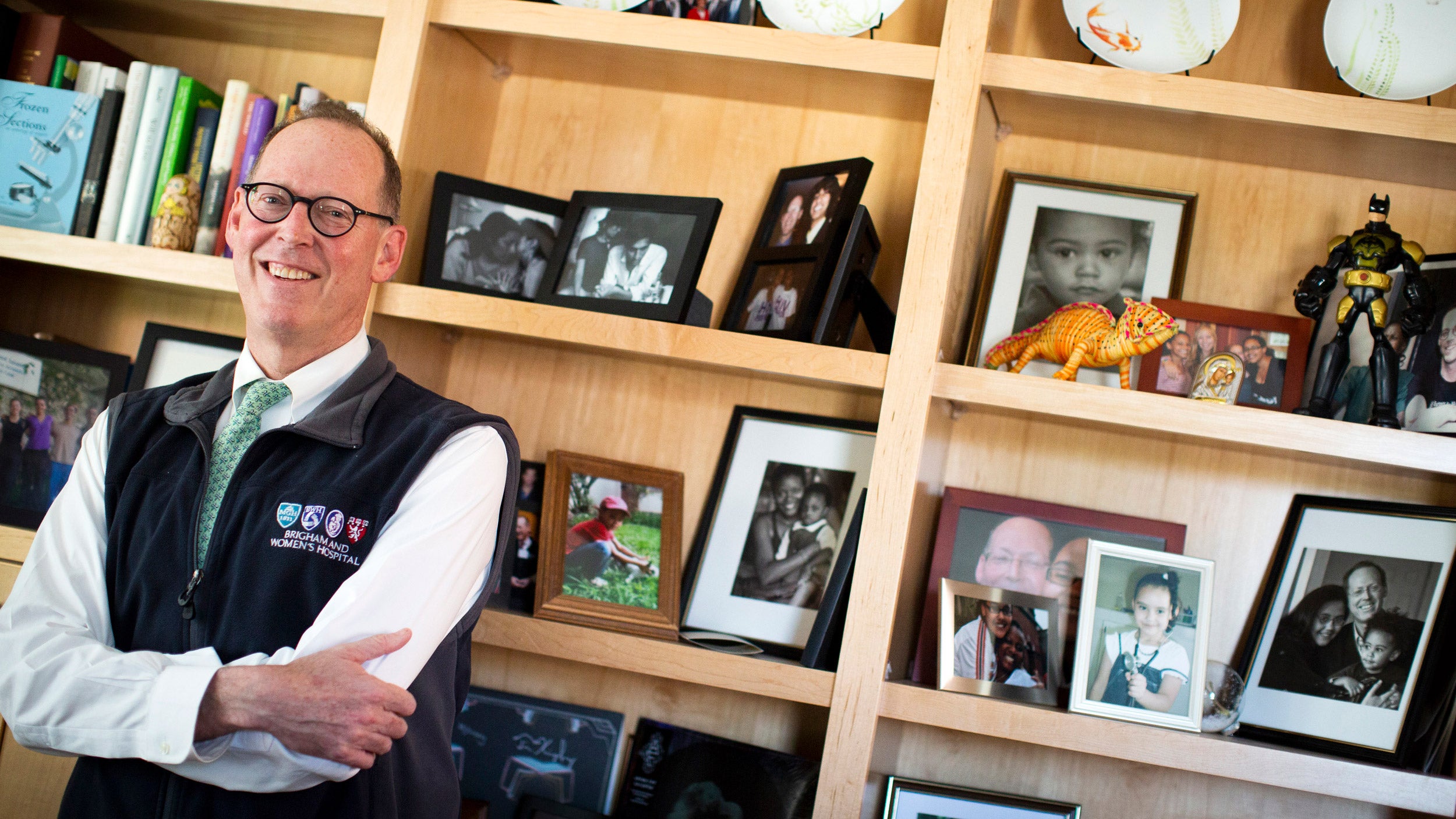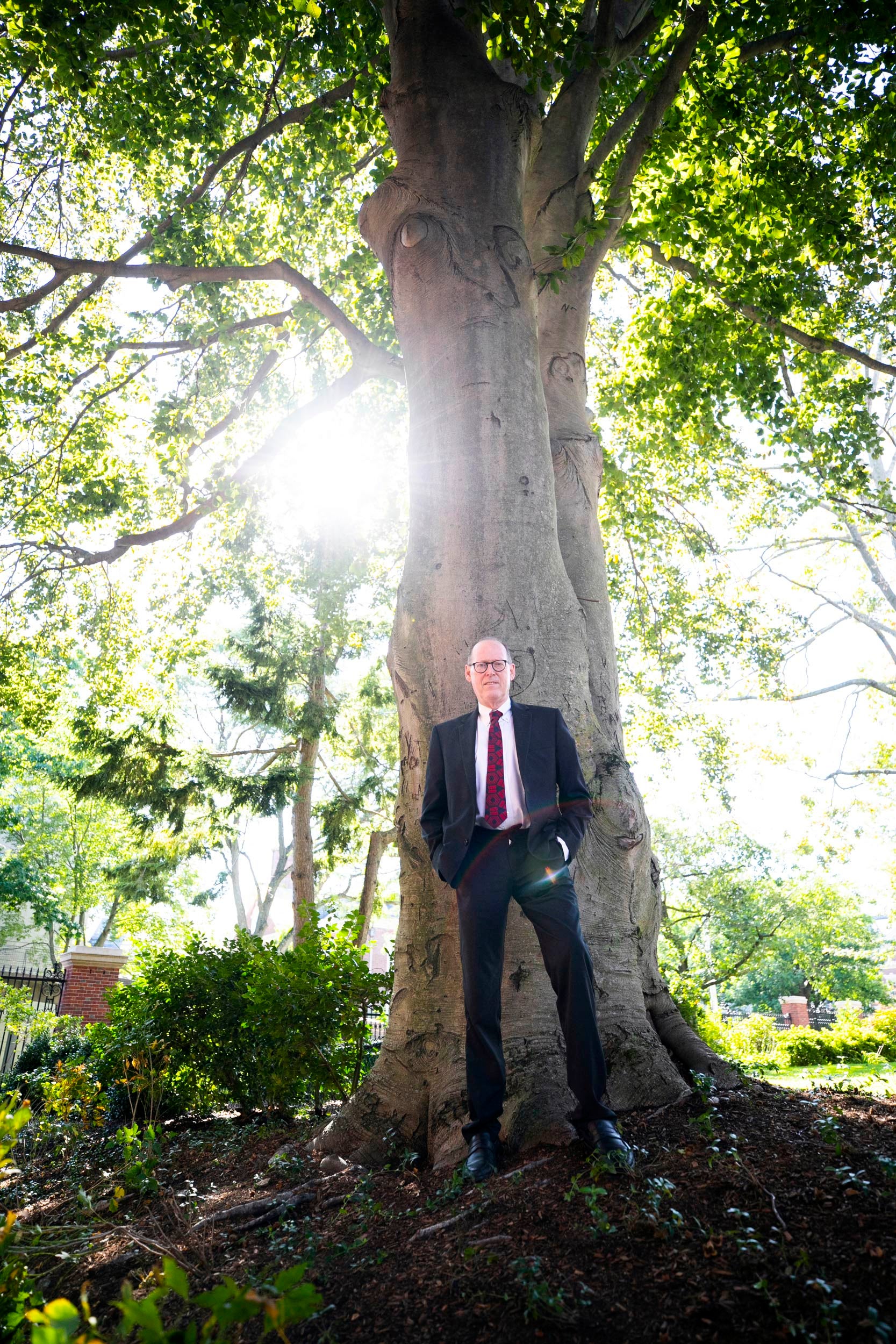Health
‘He showed us that the moral high ground can win’
Colleagues at Harvard and Partners In Health mourn the loss of Paul Farmer and pledge to continue the work he pioneered
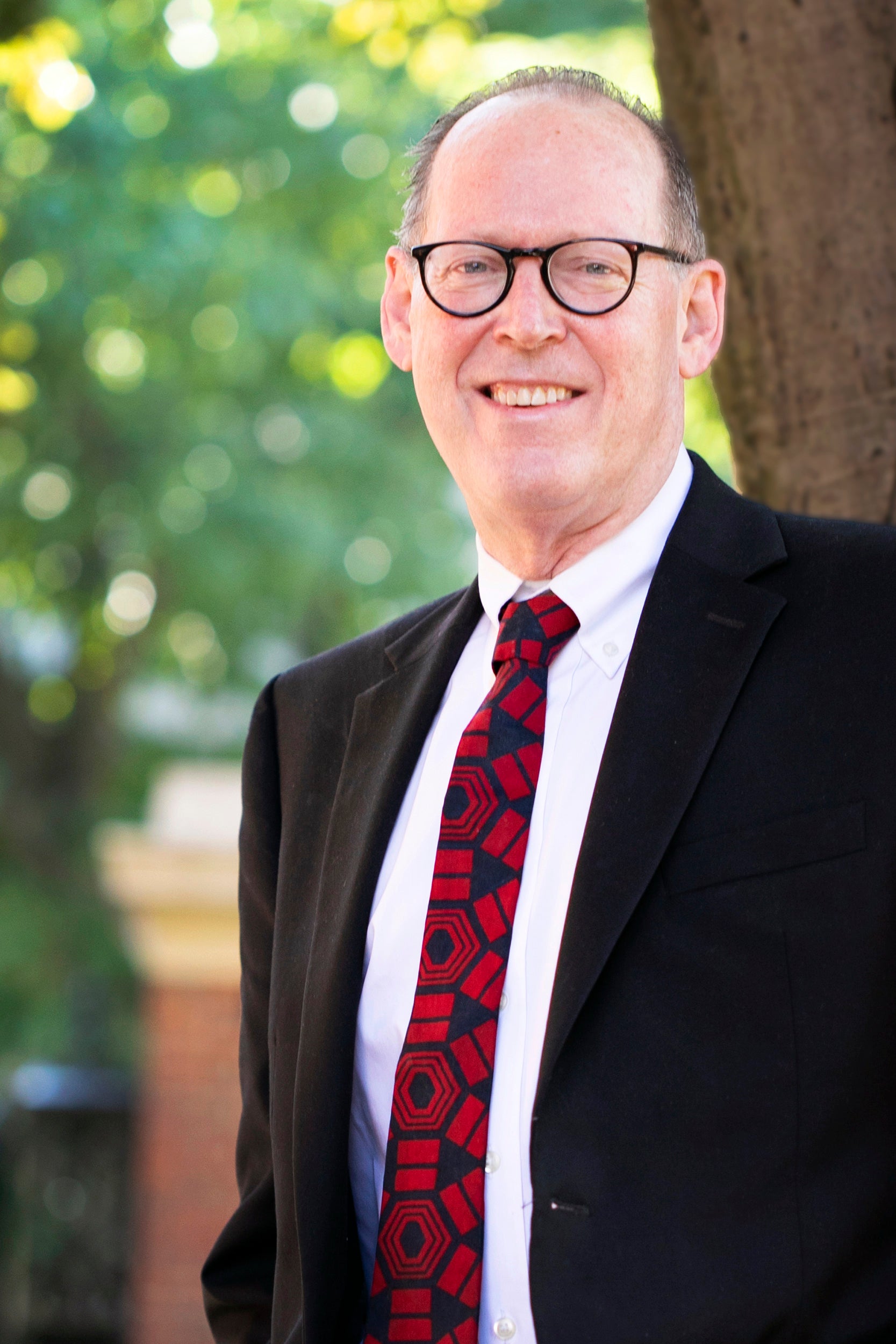
Global health champion Paul Farmer died Monday at his home in Rwanda at age 62.
File photo by Stephanie Mitchell/Harvard Staff Photographer
In the late 1990s, Paul Farmer was usually the last doctor to leave the intensive care unit at Brigham and Women’s Hospital. Atul Gawande, then a surgical resident, would find him there and the two would talk late into the night, discussing how to fix a health care system that, for the poor and marginalized, was utterly broken. It was Farmer’s favorite topic, and one that inspired Gawande as well.
Farmer provided a “moral center,” Gawande said. “He gave us the moral framework.”
Around the same time, as a young resident interested in caring for AIDS patients in impoverished settings, Joia Mukherjee visited central Haiti, where the nonprofit Partners In Health was successfully treating AIDS with the latest antiretroviral drugs despite official skepticism. She would soon join the organization, whose major accomplishments include redefining the feasibility — and necessity — of providing health care regardless of wealth and setting. Caveats have been replaced by certainty, limitations by determination, and, in many places, hopelessness and suffering by prevention and life-saving care. Over 40 years, the work of Farmer, Mukherjee, and thousands of others who joined the effort have pushed global health to a more humane place.
“He showed us that the moral high ground can win,” said Mukherjee, a Harvard Medical School associate professor and medical director of Partners In Health, which was founded in 1987 by Farmer and a small group of individuals dedicated to improving health care for the poor.
On Tuesday, Mukherjee and Gawande were still reeling over the loss of Farmer, 62, who died Monday in Rwanda. Mukherjee said there had been no apparent health warnings. In fact, she had spoken with him just the day before, and he told her how happy he was to be in Rwanda, where he had a home with his wife, Didi Bertrand Farmer, and their three children.
The two were joined in their mourning by colleagues and friends across Harvard and throughout the global health community. People exchanged emails and phone calls and gathered on videoconference to process their loss and celebrate a doctor and professor remembered as friendly and just, skilled and compassionate, tireless and inspiring.
“His work wasn’t done. He wasn’t done. He wasn’t satisfied. He wasn’t finished,” said Louise Ivers, pictured in 2008 with Farmer in Haiti, where she worked with him for more than a decade.
File photo by Rose Lincoln/Harvard Staff Photographer
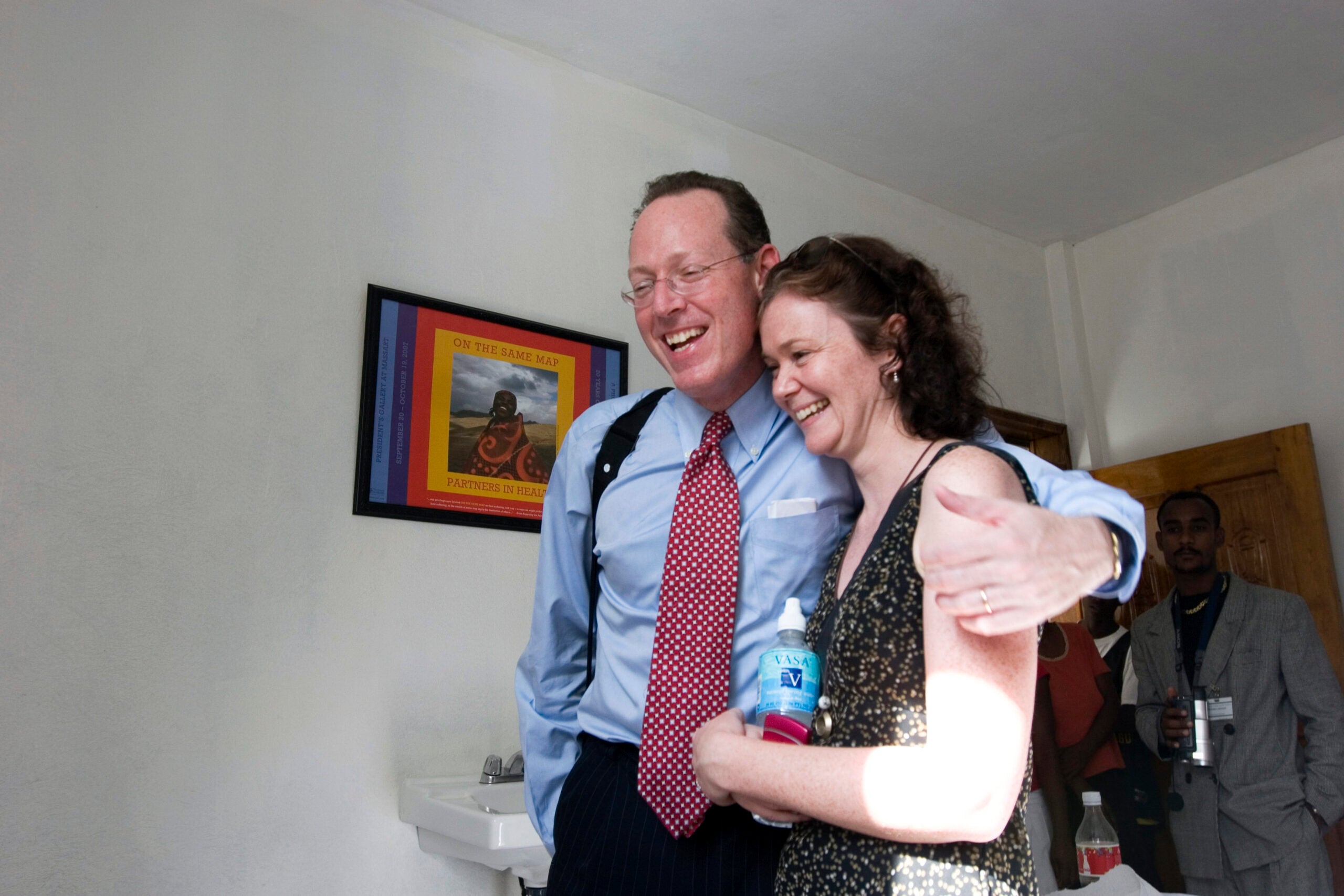
“I’m struck by the dimensions of the community that Paul built here at Harvard and all over the world,” said Allan Brandt, Amalie Moses Kass Professor of the History of Medicine and a professor of the history of science. Brandt, who taught Farmer when he was a first-year student at Harvard Medical School in 1984, said it didn’t take long to recognize his extraordinary gifts. “I knew Paul was exceptional at that time, and he became a world leader and a visionary in the field. I’m a combination of incredibly sad and incredibly grateful to have crossed paths with him.”
Farmer eventually became a professor at the Medical School and a physician at Brigham and Women’s Hospital. He was a guiding force for Partners In Health as it expanded beyond Haiti into other countries with limited or poorly functioning health care systems. Today, the organization has 18,000 staff members in 12 countries, supports 230 facilities in collaboration with local governments, backs a global health equity university in Rwanda, and runs a modern teaching hospital in Haiti whose training programs were responsible for much of the skilled response to last summer’s earthquake.
The Medical School’s Atul Gawande credits Farmer with transforming the global health equity landscape.
File photo by Rose Lincoln/Harvard Staff Photographer
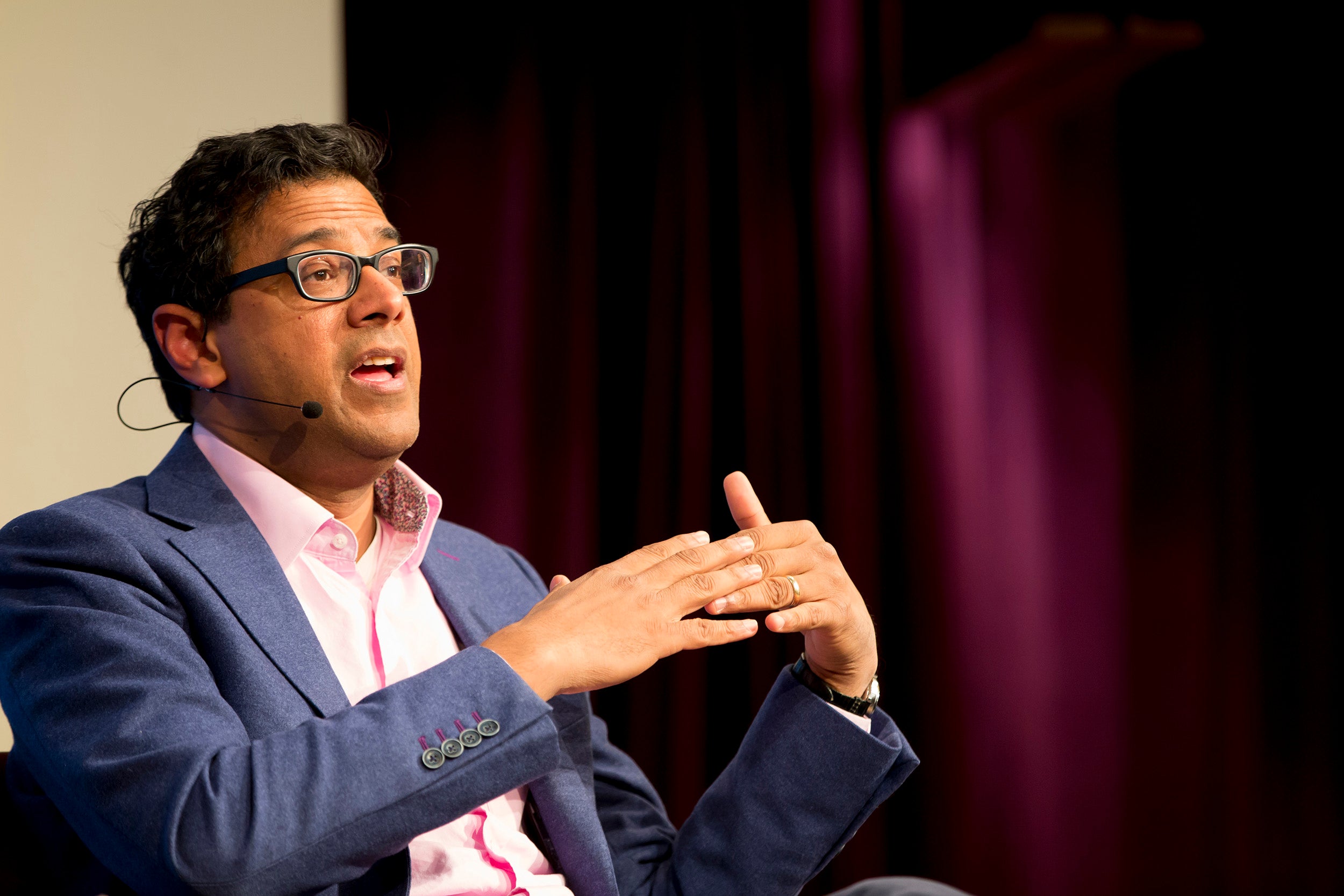
Farmer presented his vision for helping and caring for the poor with a clarity that made it persuasive, Brandt said. He faced deep skepticism — his plans were too expensive, too difficult, simply not possible. He never stopped.
“Paul did it starting with one patient at a time,” said Brandt, who is interim faculty director of the Harvard Global Health Institute. “He proved them wrong over and over again. Paul had a clear-eyed vision for global health, with at its center health equity. People would ask how I can be a part of it. They were inspired by him, in our cynical world it’s hard for people to feel inspired.”
Joia Mukherjee is medical director of Partners In Health, the nonprofit Farmer co-founded devoted to improving health care for the poor.
Harvard file photo
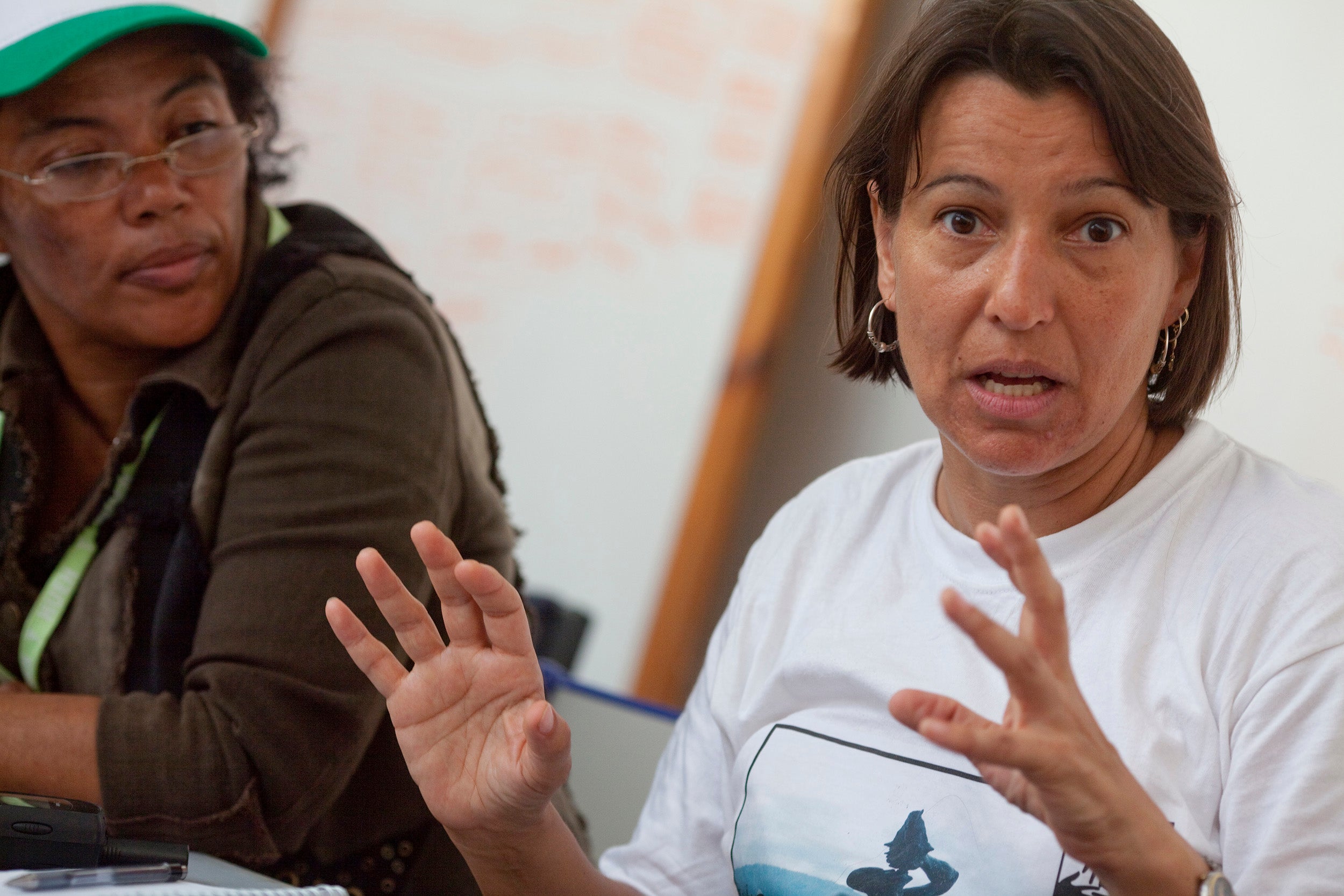
Several colleagues recounted Farmer’s ability to connect with everyone from the sickest patients to the richest donors, from skilled colleagues to hospital staff. In each case, he would give the person his full attention, ask about their family or the books they were reading, and listen closely to their answers. While that meant that he was often late, it also meant that everyone felt respected and heard.
“We all knew Paul,” said Ingrid Katz, who first met Farmer while a medical student at the University of California at San Francisco doing a rotation at the Brigham. “He never made anyone feel ‘less than.’”
Katz would get to know him better during her residency at the Brigham, and today is associate faculty director of the Harvard Global Health Institute. She said several people on a Zoom gathering on Tuesday referred to Farmer as their “North Star.”
Despite the loss, there was a broad determination that the work will continue. The efforts of Farmer and colleagues over recent decades have shown not just how to improve care, but that it can be improved. Louise Ivers, a professor of global health and social medicine at the Medical School and executive director of the Massachusetts General Hospital Center for Global Health, worked with Farmer in Haiti for more than a decade. She said that he not only showed the way, he inspired others to follow.
“His work wasn’t done. He wasn’t done. He wasn’t satisfied. He wasn’t finished. I think many of us, colleagues and friends, feel the work has to go on. Paul is irreplaceable — there is no other Paul. Did we capture enough of him? Did we take enough notes?”


